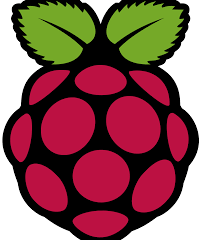Arduino
Running an Arduino Sketch on your Desktop in Linux, Windows or OS/X
I was struggling with an ugly problem and wished it would be possible to compile and run or debug my Audio Arduino Sketch on my Desktop Computer. So I decided to release my arduino-emulator and extend my arduino-audio-tools project and provide an example how to compile and run it in Windows, Linux or OS/X. You just need to provide an Arduino Sketch as cpp file together with this CMakeLists.txt example file. Just replace the example Read more…




